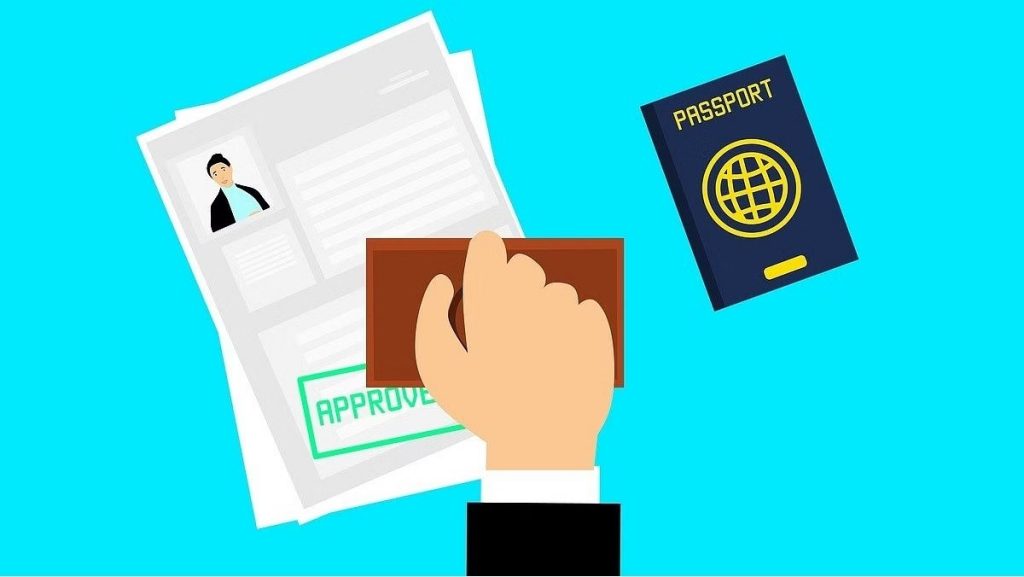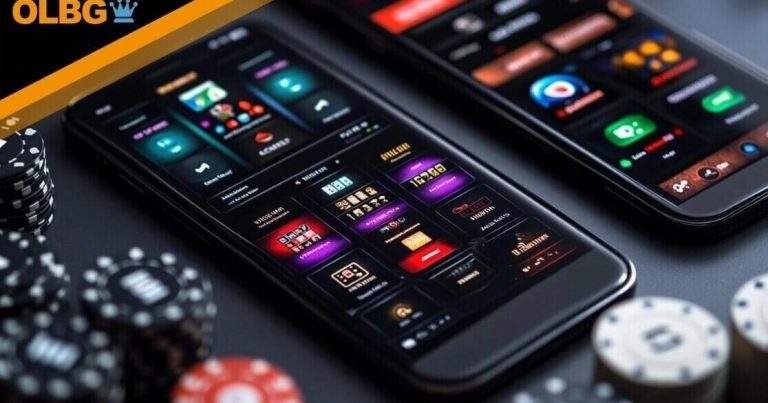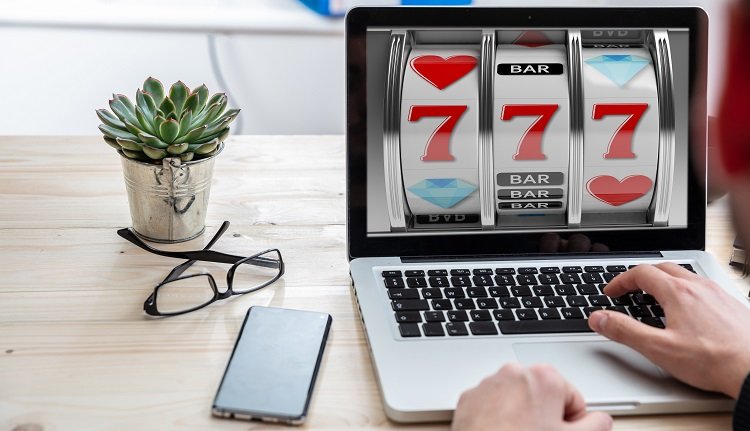
The F1 visa is a non-immigrant visa that allows foreign nationals to study in the United States at accredited educational institutions. Obtaining an F1 visa is the first step for international students wishing to pursue their academic dreams in the U.S. One of the key components of the F1 visa application process is securing a visa interview slot, which can sometimes be challenging due to high demand and limited availability. In this article, we’ll explore what F1 visa slots are, why they matter, and how to navigate the process of securing one.
What Are F1 Visa Slots?
F1 visa slots refer to the available appointments or interview times for visa applicants at U.S. embassies or consulates. These slots are crucial for applicants, as they are required to attend an interview as part of the F1 visa application process. Securing a slot allows students to submit their documents, undergo the interview, and, if successful, obtain their visa approval.
Why F1 Visa Slots Matter
The availability of F1 visa slots directly impacts an applicant’s ability to get their visa in time for the start of their academic program. Since the U.S. embassy or consulate may only offer a limited number of slots each day or week, it’s important to secure an appointment early. Delays in booking an F1 visa slot can result in missing deadlines for university registration or the start of classes.
Moreover, some embassies or consulates may have high demand, particularly during peak application seasons, which can lead to longer wait times for appointments. This makes it essential to plan ahead and be flexible when scheduling an interview.
How to Find and Book F1 Visa Slots
Here’s a step-by-step guide on how to find and book F1 visa slots:
1. Check the U.S. Embassy or Consulate Website
The first step is to visit the official website of the U.S. embassy or consulate in your home country. They provide the most accurate and up-to-date information about visa appointment availability, including F1 visa slots.
2. Create a Profile on the U.S. Visa Appointment Portal
Once you have the embassy’s website, the next step is to create an account on the U.S. Visa Appointment Portal. This is where you’ll register your information, schedule your appointment, and track your visa status.
3. Pay the SEVIS Fee and Visa Application Fee
Before you can book an F1 visa slot, you must first pay the SEVIS (Student and Exchange Visitor Information System) fee, as well as the visa application fee. Both of these payments are required to schedule your visa interview.
4. Check Slot Availability
After completing the necessary payments, you can log into the appointment portal and check for available slots. Depending on the time of year, slots may be in high demand, so it’s important to check frequently and book the earliest available slot.
5. Be Flexible with Your Appointment Dates
If slots are limited, consider adjusting your travel or interview dates. Some embassies may have more availability at certain times of the year or offer more slots at short notice due to cancellations.
6. Confirm Your Appointment
Once you’ve found a slot, you’ll need to confirm your appointment. This confirmation is an essential part of the F1 visa process, and you must bring it to your interview. Make sure to also prepare all required documents, including your passport, DS-160 confirmation, visa fee receipt, and the I-20 form from your U.S. institution.
Factors Affecting F1 Visa Slot Availability
Several factors can influence the availability of F1 visa slots:
- Peak Application Times: U.S. embassies typically experience higher demand for visa appointments during peak application seasons, such as the months leading up to the fall semester (August and September).
- Global Events or Restrictions: Political events, public health crises (like the COVID-19 pandemic), and changes in U.S. immigration policy can temporarily affect the availability of slots. During such times, embassies may reduce or delay appointments.
- Embassy-Specific Guidelines: Some U.S. embassies may have stricter guidelines or longer processing times, which can lead to fewer available slots.
- Student Visa Quotas: Certain U.S. embassies may limit the number of F1 visa slots available at any given time, prioritizing certain applicants based on the program or other factors.
Tips for Securing an F1 Visa Slot
Here are a few tips that can help you secure an F1 visa slot with ease:
- Apply Early: Start your application process as soon as possible after receiving your I-20 form. The earlier you apply, the more likely you are to get a favorable slot.
- Monitor Slot Availability Regularly: Frequently check the visa appointment portal for updates. If you see a cancellation or new availability, book it quickly.
- Be Ready for Cancellations: If you notice a canceled slot, take it as soon as possible. Many students get lucky and secure a slot when others cancel.
- Consult Your University’s International Student Office: Your school’s international student office can be a valuable resource for visa-related guidance. They may have specific advice or even partnerships with embassies that can help you navigate the visa slot booking process.
- Consider Alternative Locations: If slots in your home country are hard to come by, some students explore the option of applying at a U.S. embassy in a neighboring country with less demand.
Conclusion
Securing an F1 visa slot is a crucial step in the process of studying in the United States. While the process can be competitive and time-sensitive, understanding how to book your slot, staying flexible, and preparing in advance can increase your chances of getting the interview on time. Remember to check the U.S. embassy or consulate website frequently, apply early, and be proactive in securing an appointment. By following these steps, you can ensure a smoother visa application process and set yourself up for a successful academic journey in the U.S.



